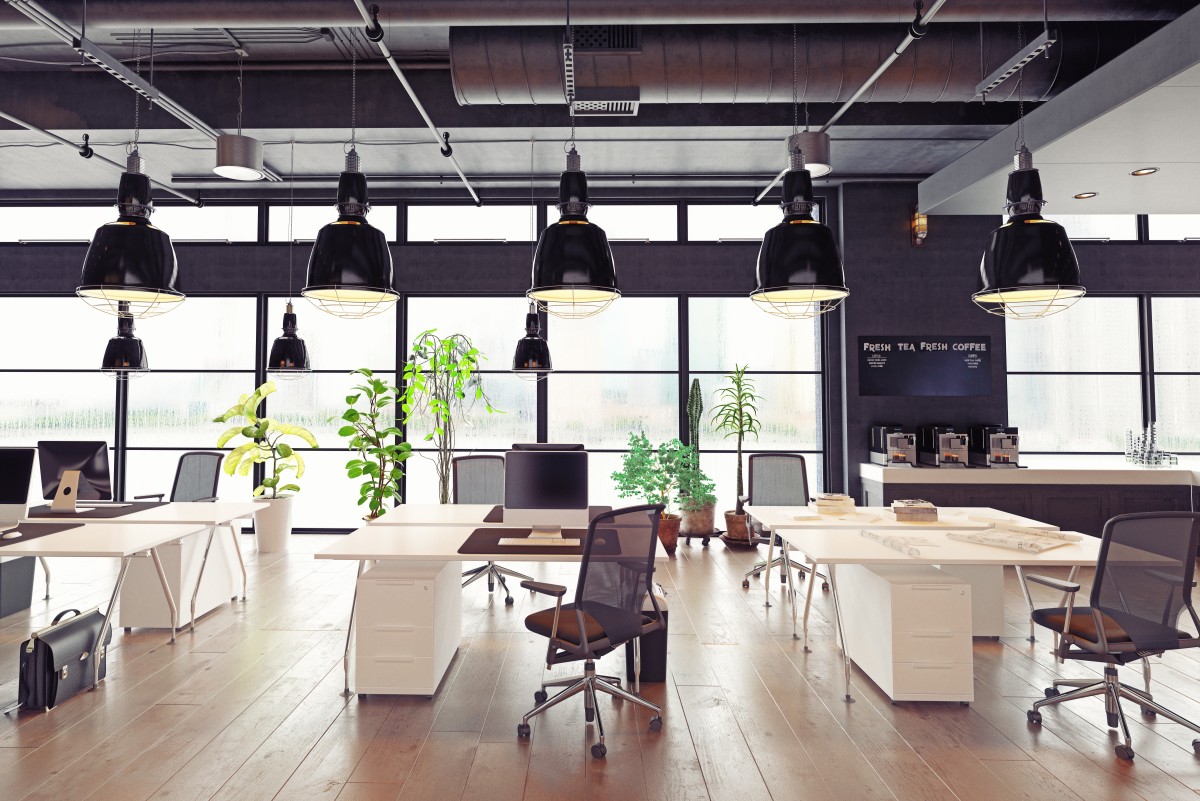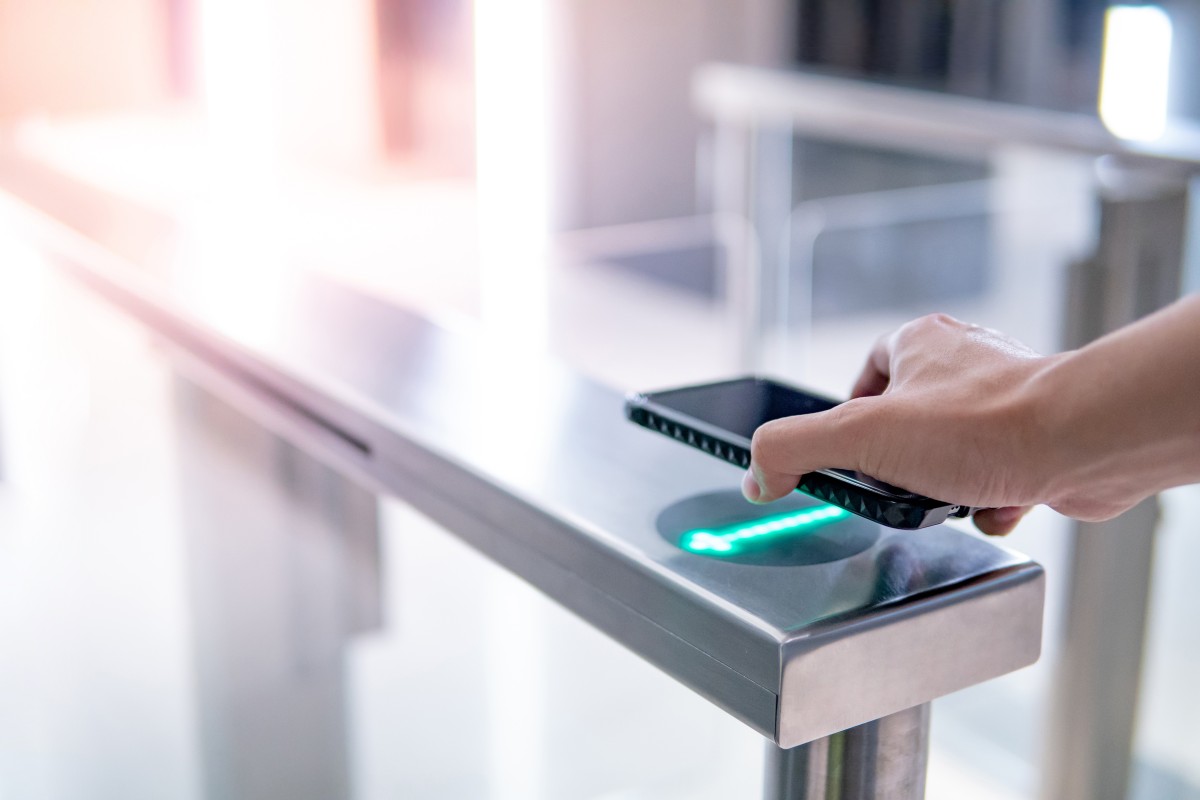Predicting the evolution of any type of real estate is no easy job in this unstable and uncertain economy. However, some trends are becoming clearer in the coworking sector as the numbers of remote workers, freelancers, digital nomads and entrepreneurs are constantly on the rise. At the same time, the pandemic fueled the need for more flexible workspaces coming from these demographics that have been moving away from traditional office models. Likewise, the way in which we work has also shifted in order to accommodate more flexibility and better conditions.
So, in light of the constant changes that affect the majority of workers and their preferences, what should we expect from the coworking segment in 2023? Below, we’ve highlighted the top trends that are likely to transform coworking in this new year to enable the flexible working model to rise to new heights.
The Number of Coworking Spaces Across the U.S Will Continue to Grow

A significant number of traditional office spaces were left empty during 2020 and 2021. But, even during the “great return,” companies have struggled to bring workers back into the office. And, because of people’s reluctance to return to their old working patterns — as well as the high costs of maintaining large office spaces — many businesses have either decreased the size of their existing office footprint or embraced the coworking model. This comes at a time when office leases have either ended or are about to end, thereby making it easier for companies to switch to a more affordable and flexible option — one that requires much shorter lease periods.
Similarly, the threat of a possible recession (while highly dreaded by any real estate operator) is also likely to further fuel the rise of coworking, as many business owners won’t feel comfortable committing to long-term leases in an unstable market. In these conditions, many are expected to make the shift toward a flexible workspace, which will further increase the demand for this type of real estate, therefore fueling the supply.
What’s interesting to note here is that coworking spaces have been slowly but surely making their way into live-work-play developments across the country. In fact, in the last decade, flexible workspaces have been included in 90 LWP buildings. This demonstrates people’s preference for an all-encompassing solution for their everyday needs — from residential use to work life and entertainment. And, given the convenience that this fusion is known to enable for workers, it’s likely that this trend will continue to blossom in the coming years.
Coworking Spaces Will Be More Technology-Driven than Ever Before

Technology is already at the forefront of any successful business operation, and coworking is no exception. To that end, coworking space users expect operators to provide them with all of the tech equipment and gear that they’re likely missing in their day-to-day activities, as many remote workers either operate from home or are leading a nomadic lifestyle. In particular, we recently discovered what digital nomads were missing from their current work setup and what they would like to benefit from in a coworking space: According to our survey, a reliable Wi-Fi connection was what they deemed most important. However, as a coworking space operator, simply enabling a stable internet connection won’t cut it in 2023. The bar needs to be raised higher in order to attract and retain loyal customers.
Apart from equipment that’s already a must in coworking spaces (like printers/scanners, video projectors or video conference gear), these types of spaces might also need to step up their game and implement: advanced, 24/7 building access systems; automated booking software; and other modern gadgets, like TVs, tablets, sound systems and even podcast stations. As an added bonus, all of these are not only solid selling points for coworking spaces, but also features that will enhance productivity and creativity for users.
Hotel-Style Workspaces Will Rise in Popularity

Few business segments took a harder hit during the pandemic years than hospitality. That said, with travel going back to pre-pandemic levels, hotels everywhere are also welcoming freelancers and digital nomads (who are keen on exploring the world, while also putting in some work). And, although some of these workers are used to setting up their laptops in hotel rooms or the lobby by now, some hoteliers are better catering to their needs by including coworking spaces on the premises. This professional setting offers workers a flexible space they can use to make the most of their work hours without other challenges or distractions.
Moreover, hotels can also generate an increase in revenue by creating coworking areas. That’s because they’re likely to attract not only nomadic workers, but also locals in need of a flexible work solution. For instance, many residents who are located in the vicinity of a hotel might never consider an overnight stay there, but they could benefit greatly from a coworking space near their home.
Among others, this trend is already enforced by the giant hotel chain Accor, which is on track to include coworking space in its global portfolio of hotels: “Hospitality must evolve towards more flexibility and be able to open the gates to non-travelers,” said Accor CEO, Sébastien Bazin.
More Creative Areas Will Be Added to Existing and Upcoming Coworking Spaces

Exercising that creative bone, thinking outside the box, or bringing that artistic touch to one’s job is definitely a challenge when working within the same four walls at home or in a loud and crowded café. And, while coworking spaces provide specific areas for work, calls or conferences, the ones that also put together creative areas will likely be one step ahead of the competition.
That’s because some professions require more than a laptop, an Excel spreadsheet or a video projector in order to be successful. What’s more, the last few years have ushered in a change in freedom — not only in terms of where we work, but also how we work. More jobs now require a creative approach, more thinking outside the box, and higher flexibility in terms of planning, strategizing and operations. Naturally, most of these jobs fall into the category of creative endeavors, like marketing, publishing and content creation. But, that rise in flexibility extends to other niches, as well.
Fortunately, some coworking spaces already include unique amenities like podcast studios. Meanwhile, others have designated areas for brainstorming sessions or occupation-specific spaces, equipment and tech gear. The bottom line here is that the more unique the amenities, the higher the chances for appealing to a specific niche of workers.
Coworking Operators Will Place More Emphasis on Building Communities Through Social Events

Speaking of like-minded individuals, one of the main selling points of coworking spaces is the opportunity for networking and socializing among professionals from different areas of work, but with similar interests. And, while many flexible workspace operators are already encouraging events that allow members to socialize outside of working hours, this is one aspect that requires further nurturing and development.
The majority of all interactions (like events or get-togethers) in a coworking space are usually initiated by just a handful of people. The key is to find those people, and make them stay. Coworking operators should identify who these people are in their space and build relationships with them, and even consider sweetening the deal (for instance, with lower memberships) so that they will feel valued and want to stay.
Travis Howell, Assistant Professor of Strategy in The Paul Merage School of Business at University of California, Irvine
Given the rise of remote work, many people cited the lack of socialization as a reason to either return to traditional office spaces or utilize a coworking space instead. Clearly, working in isolation can be productive in some cases. But, in the long run, it’s important to remember that people are social beings who need to spend time among peers in order to recharge and gain a boost in creativity and productivity.
Therefore, by organizing events — whether purely social or with a professional aspect to them — coworking operators can help build an actual community among their members and instill a sense of belonging that has the power to turn occasional users into loyal ones. And, the convenience of being able to work, socialize, network, and even gain insights into different business areas and backgrounds — all under the same roof — is one that appeals to many workers.
There Will Be an Increased Focus on Sustainability

Generally speaking, this is no longer a new or groundbreaking concept. Even so, sustainability might be a game-changer for the coworking sector. These types of workspaces are known to attract younger generations, like Millennials and Gen Zers, who are more environmentally conscious than previous cohorts. In this case, sustainable and eco-friendly businesses are already on their radar and many young workers prefer to choose a company that supports green living, rather one that doesn’t.
With that in mind, coworking space operators are now focusing on finding locations where saving energy is possible due to large windows that allow for natural light or buildings that have solar panels. Although not every scenario allows for such places, there are other ways that can encourage and sustain an eco-friendlier way of living and working in a flexible space. This could include the addition of natural plants, green spaces and terraces; recycling initiatives; and the use of natural, plastic-free products.
For operators, all of these environmentally conscious upgrades might present an extra investment. Yet, it’s likely one that will pay off in the long run, as it has the power to bring together more like-minded individuals who want to work together with eco-friendly businesses to leave a positive mark on the world.







